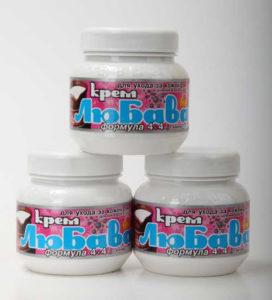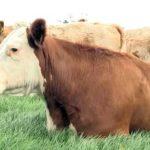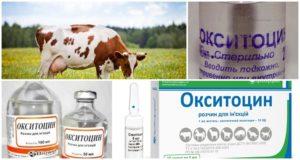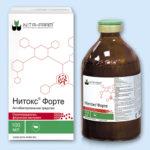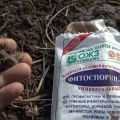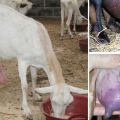Instructions for use of Nitox 200 for cattle, dosage and contraindications
Cattle, like other farm and herd animals, are susceptible to a constellation of bacterial attacks, often accompanied by severe inflammatory processes. The use of the antibacterial agent "Nitox 200" for the treatment of cattle infections allows you to effectively fight against various types of pathogenic bacteria and achieve good results after a single injection.
Release form, composition and packaging of the drug
"Nitox 200" is a viscous injection solution intended for intramuscular administration. The composition includes an antibiotic component of the tetracycline series - oxytetracycline in a hydrated form in an amount of 200 milligrams per 1 milliliter of the total solution volume.
The presence in the composition of the auxiliary component, magnesium oxide, causes the formation of a magnesium complex of the main active substance, due to which the action of the drug is prolonged up to 3 days after injection. The standard treatment for most conditions is a single intramuscular injection of an antibiotic. Nitox 200 is recommended as a remedy for a number of infectious and inflammatory diseases. The drug is allowed to be administered to a calf for diarrhea (which often becomes an alarming problem among young animals), in strictly recommended doses.
Indications for use
Oxytetracycline in a prolonged form, contained in Nitox 200, exhibits antibacterial activity against various types of pathogens.
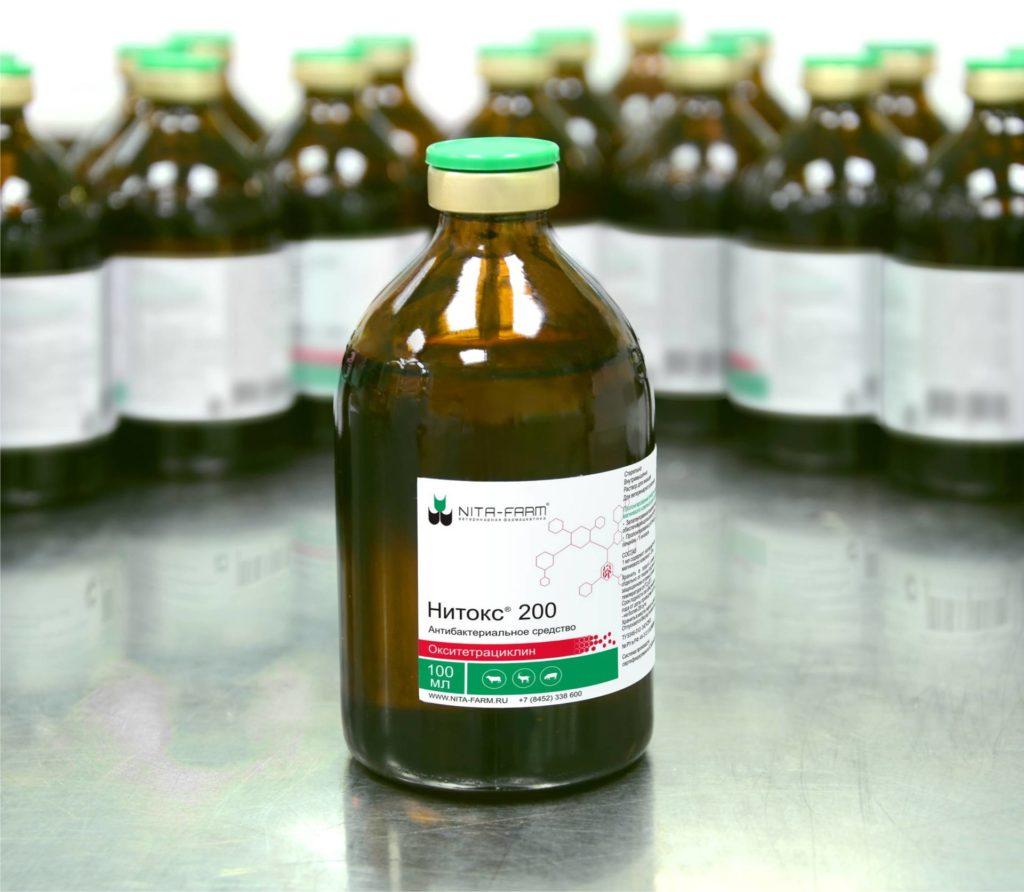
The spectrum of active action of the drug extends to representatives of pathogenic flora of various structures and nature, among the list of which there are:
- streptococci;
- staphylococci;
- clostridia;
- corynebacteria;
- salmonella;
- fusobacteria;
- eicherichia;
- chlamydia;
- spirochetes.
"Nitox 200" inhibits the assembly of protein molecules in the bacterial cell, which leads to growth arrest and prevents the reproduction of pathogens (bacteriostatic effect). The injected drug circulates in the bloodstream while maintaining the therapeutic concentration for up to 72 hours.
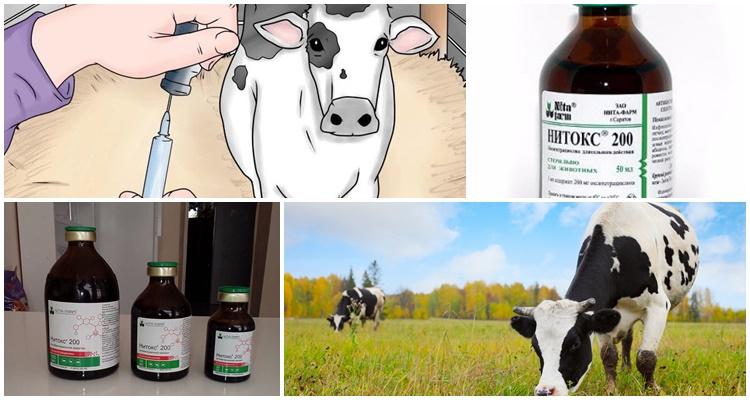
Nitox 200 is indicated for the treatment of cattle infections caused by bacteria susceptible to the antibiotic, among which are:
- respiratory manifestations;
- inflammatory processes in the mammary glands;
- enzootic abortion;
- keratitis and conjunctivitis;
- pasteurellosis;
- triple symptomatic complex endometritis-mastitis-agalactia;
- purulent, wound, postpartum infections;
- footrot;
- peritonitis;
- infection of the umbilical wound.
The drug is also used for intestinal bacterial infections, parasitic invasions (anaplasmosis), signs of bacterial complications after viral diseases.
Instructions for the use of "Nitox 200" for cows
The antibiotic is intended for animals with characteristic signs of bacterial infection and inflammation. An injectable preparation is injected into the deep-lying muscle layers once, after calculating the dosage. For the treatment of cows, it is necessary to use 1 ml of solution per 10 kilograms of animal weight.
In the case of severe infections, the injection may be repeated 72 hours after the first procedure. The missed dose does not require compensation, the treatment course is continued as usual.
In what cases should it not be used?
Before using the drug, you should consider the restrictions on its use. Nitox 200 has the following contraindications:
- hypersensitivity to the components of the composition;
- severe renal dysfunction, renal failure;
- fungal diseases.

Pregnancy and lactation are relative contraindications. Treatment should be performed by a veterinarian, with an assessment of the potential risk versus potential benefit.
Are there any side effects?
Therapy using "Nitox 200" can provoke the development of undesirable reactions of the animal's body, most of which do not require medical intervention and pass on their own. The following side effects have been reported:
- local response in the injection area (redness, itching of the skin);
- allergic manifestations;
- candidiasis.
Severe forms of mycoses, inflammation at the injection site, loss of appetite occur with a prolonged treatment course or exceeding the recommended dosage. The development of complications requires the termination of the use of the drug and the provision of symptomatic medical care, including the injection of calcium preparations.
Special instructions and measures for personal prevention
"Nitox 200" is not used in conjunction with hormonal agents based on glucocorticoids and estrogen compounds. Penicillins and cephalosporins reduce the effectiveness of oxytetracycline. Slaughter of cattle is possible after 28 days from the moment of drug treatment. When slaughtered earlier, the meat is suitable for animal feeding. Oxytetracycline passes into milk, which is allowed to feed animals after boiling. For safe use of milk by humans, it is necessary to wait 1 week after injection.
Personal prevention
Interaction with the drug requires compliance with the standard rules for the safe handling of the chemical and the norms of personal hygiene. It is recommended to limit direct contact with the composition as much as possible, wash hands in soapy water after the procedure. If the product gets on the skin and mucous membranes, it is necessary to rinse the areas with water; if the condition worsens, you should seek medical help. The remaining container from the antibiotic solution cannot be used in everyday life.
Storage conditions and shelf life
"Nitox 200" should be stored in a darkened place, inaccessible to children and animals, isolated from household items at temperatures from 0 ° C to +20 ° C, in its original packaging.
Shelf life
1.5 years from the date of manufacture. An open bottle must be used within 28 days.
